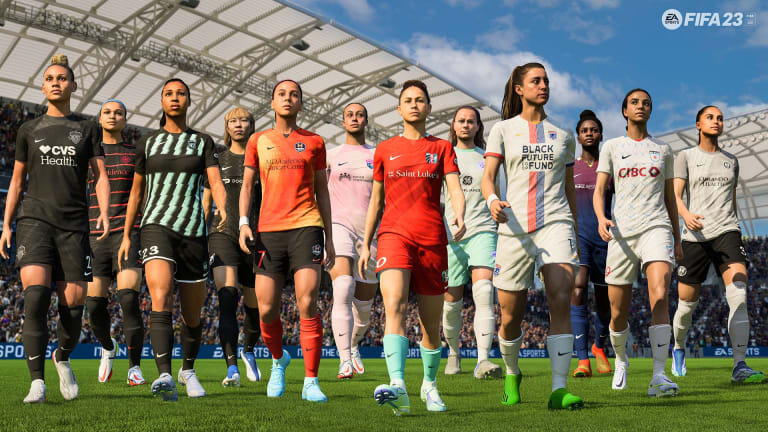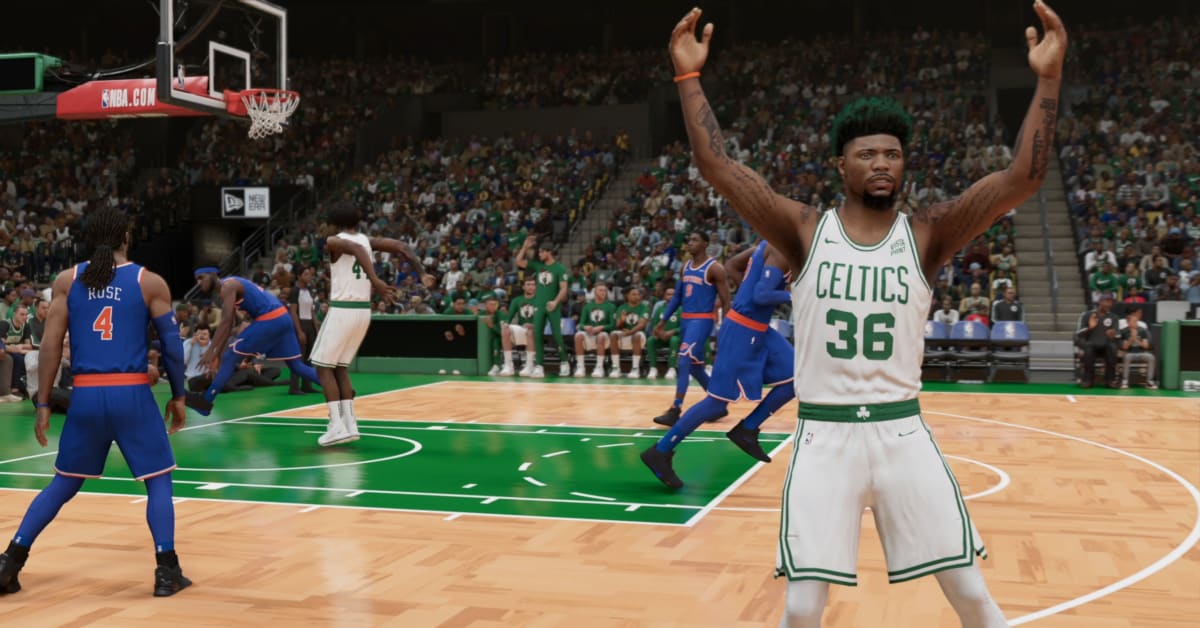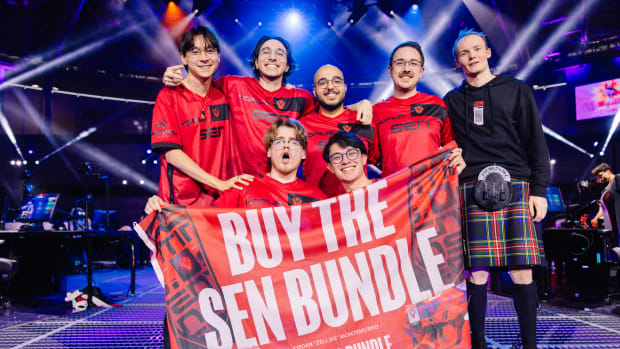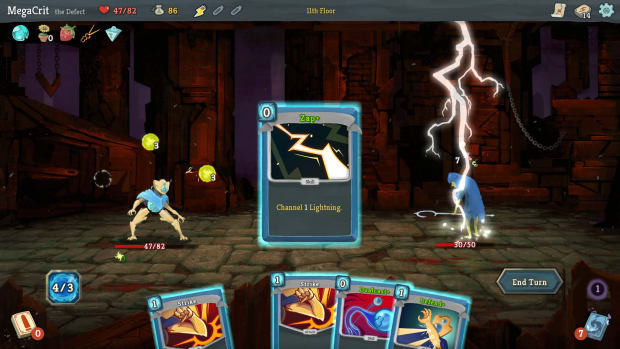
Do Video Games Make You a Better Sports Athlete?

Typically, gaming and sports are seen as very separate entities. Not only are gamers and athletes seen as “opposites” in most movies and television shows, but sometimes video games are even viewed as a vice or setback to sports performance. In real life, however, this can’t be further from reality.
A surprising number of serious (and lengthy) studies have been done on the benefits of video games and how they positively impact sports performance. This may seem unexpected at first since video games are often depicted as an antisocial and stationary activity — but these are just further stereotypes that have since been proven extremely incorrect.
Enhanced Adaptation
A study by Green & Bavelier in 2012 showed that video games increase players’ ability to adapt to new environments. What's more, during these transitions and changes, gamers have a focus on winning and remaining highly competitive.
Being able to quickly adapt on the field or court is critical. Whether your team is winning or losing shouldn’t impact your focus or competitiveness. Playing video games can increase an athlete’s drive and focus, even when outside factors attempt to get in the way.
Improved Coordination and Responsiveness
You’ve probably heard before that video games are great for hand-eye coordination. Now, this has been proven by multiple studies.
In 2017, a study conducted by University of Toronto graduate students showed that gamers have much better coordination and tracking than non-gamers. Players were able to keep their eyes focused on a quick-moving square, showing superior focus.
Not only that, a study in 2020 by Reynaldo & Christian showed that gamers have better response rates than non-gamers. This means playing video games not only gives you better focus, but the ability to react to what you see faster than others.
Focus on Teamwork
Most competitive video games are all about teamwork and strategy. A game like Counter-Strike: Global Offensive can’t be won if your team is unwilling to call out locations and make super-fast decisions together. In VALORANT, teammates need to use synergy to combine abilities and get the upper hand on the opposition.
This level of communication and fast team-based decision-making is extremely important both in-game and on the field. Video games help players gain trust in one another and find efficient ways to communicate, implement strategies, and react to surprising outcomes as one.
Discipline and Practice
You don’t get good at video games overnight. Climbing ranked ladders take patience, practice, and dedication. Gamers will often play for hours at a time, but it’s not just grinding matches — competitive players also practice their aim and watch old VODs to analyze what went wrong and what can be improved upon.
But what also helps gamers continue to improve is to know when to quit. Before you become exhausted or toxic, it’s best to step away from the PC and do something relaxing to regain focus. It’s this balance that really helps athletes improve but not push themselves into an easily avoidable injury.





